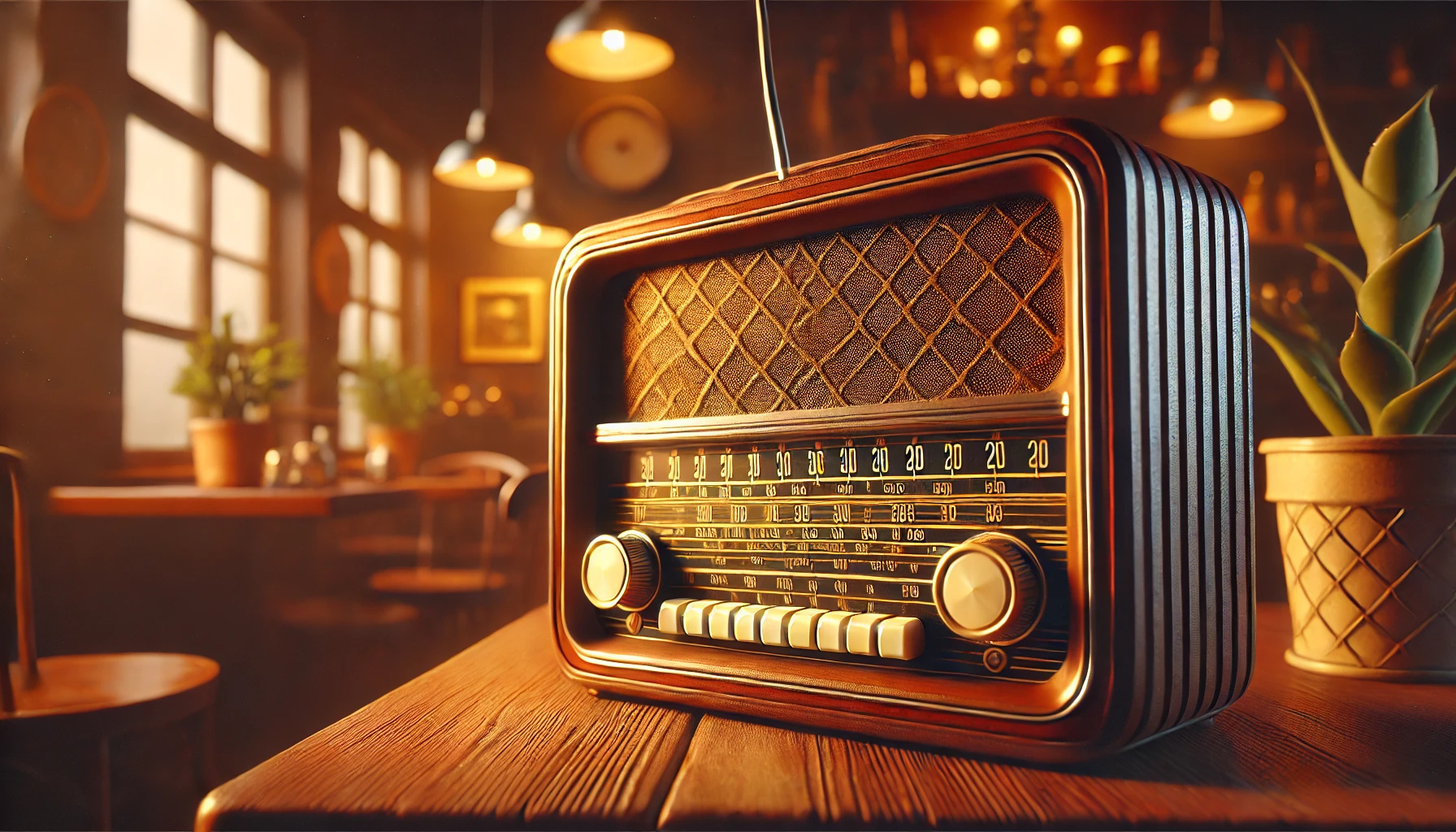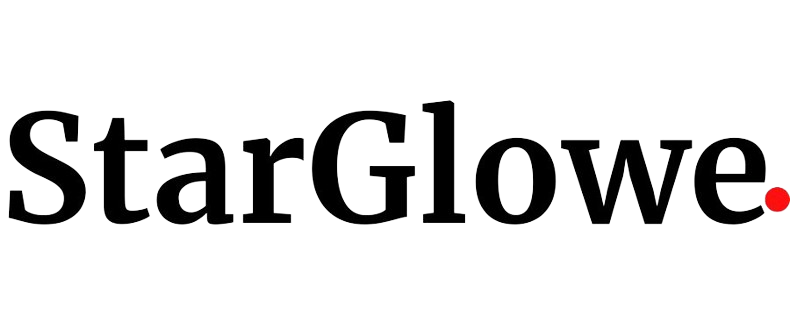
- This event has passed.
National Radio Day
August 20

National Radio Day, observed annually on August 20, is a celebration of the significant impact that radio has had on society and culture globally. This day serves as a reminder of the invention that revolutionized communication, making it possible to share information and entertainment across vast distances instantaneously. Celebrants honor both the history of radio and its current role in our lives, emphasizing its adaptability and enduring appeal.
Radio continues to thrive despite the proliferation of digital media, proving its resilience and ability to evolve with technological advances. National Radio Day is not only a nod to the past but also a recognition of radio’s ability to remain relevant in a rapidly changing media landscape. This celebration encourages people to tune in to their favorite stations, appreciate the unique intimacy of the radio experience, and acknowledge the work of dedicated broadcasters around the world.
History and Significance of Radio
The invention of radio is attributed to several key figures, including Nikola Tesla, Guglielmo Marconi, and Alexander Popov, who each contributed to the development of wireless communication in the late 19th and early 20th centuries. Marconi’s successful transmission of the first wireless signal across the Atlantic in 1901 marked the beginning of the radio era, fundamentally changing communication.
Radio initially served as a critical tool for military communication but soon entered civilian life, bringing news, entertainment, and educational content to the masses. Its role during significant historical events, such as World War II and the Great Depression, underscored its importance in shaping public opinion and providing a vital link to information during crises.
Traditions and Rituals
National Radio Day is marked by various traditions and rituals that celebrate the medium’s rich history and contemporary relevance. Radio stations often host special programming that includes interviews with radio veterans, segments on the history of radio, and broadcasts of iconic radio shows from the past. These programs not only pay homage to the medium’s heritage but also highlight its evolution.
Listeners are encouraged to participate by sharing their radio memories and favorite shows on social media, which helps in bridging the generational gap and fostering a community of radio enthusiasts. Many also visit radio museums or attend workshops and seminars focused on the future of radio broadcasting, emphasizing the ongoing innovation within the field.
Modern Celebration of Radio
Today, National Radio Day embraces both the nostalgia of traditional broadcasting and the innovations brought about by internet radio and podcasts. Traditional broadcasters use this day to engage with their listeners through call-in shows and radio-a-thons, while newer digital formats offer special content releases and behind-the-scenes looks at podcast productions.
The day also sees significant interaction on digital platforms, where hashtags like #NationalRadioDay trend, enabling discussions that connect radio lovers worldwide. This blend of old and new traditions ensures that the essence of radio, as a tool for unification and information dissemination, remains strong and impactful.
Congratulations and Wishes
- Here’s to the voices that keep us company on long drives and the stories that entertain us. Happy National Radio Day!
- Wishing all radio professionals a fantastic National Radio Day. Thank you for keeping the airwaves alive and vibrant!
- To everyone who makes radio possible: from the late-night hosts to the morning show teams, have a great National Radio Day!
- Cheers to the magic of radio that brings music, news, and laughter into our homes. Happy National Radio Day!
- May your broadcasts reach far and wide. Wishing you a melodious National Radio Day!
- Here’s to more years of innovation in radio broadcasting. Have a wonderful National Radio Day!
- Happy National Radio Day to the voices that inform, entertain, and accompany us every day!
- Wishing a day of great tunes and engaging talks to all radio enthusiasts. Happy National Radio Day!
- May the airwaves continue to buzz with creativity and conversation. Cheers to National Radio Day!
- Celebrating the wonderful community of broadcasters and listeners alike. Have a spectacular National Radio Day!
10 Unusual Facts
- The first radio commercial didn’t air until 1922, several years after radio broadcasting began.
- Radio signals have been sent into space in attempts to contact extraterrestrial life.
- During the Cold War, radio stations played a crucial role in transmitting propaganda across borders.
- The longest-running radio show aired for more than 70 years.
- Pirate radio stations, which operate without legal licensing, were particularly popular during the 1960s in the UK.
- FM radio was invented by Edwin Howard Armstrong to combat the interference that plagued AM radio.
- There are radio stations dedicated entirely to broadcasting in artificial languages such as Esperanto.
- In some parts of the world, radio is used to deliver educational content to remote areas.
- The concept of a drive-in theater was inspired by the success of the car radio.
- Radio remains the leading medium for reaching the widest audience in the U.S. today.
Frequently Asked Questions
- Why do we celebrate National Radio Day?
- National Radio Day is celebrated to recognize the enduring impact of radio on culture and society, and to appreciate the ongoing evolution of this media form.
- How can I participate in National Radio Day?
- You can participate by tuning into your favorite radio stations, sharing your radio memories on social media, or even visiting radio museums.
- What are some of the biggest changes in radio today?
- The advent of digital broadcasting and the rise of podcasts are some of the significant changes enhancing how audiences consume radio.
- Is radio still popular despite new media forms?
- Yes, radio remains highly popular due to its easy accessibility, reliability during emergencies, and its intimate, localized approach to content.
- How do podcasts fit into the tradition of radio?
- Podcasts can be seen as the modern evolution of radio; they offer serialized audio content but with the advantage of on-demand access.
- What was the first radio station?
- KDKA in Pittsburgh is often recognized as the world’s first commercial radio station, which started broadcasting in 1920.
- Can radio play a role in education?
- Absolutely, radio has been used effectively for distance learning and educational programs, particularly in less accessible areas.
- What impact did radio have during World War II?
- Radio was crucial for wartime propaganda and public information, providing real-time updates and instructions to the public.
- Are there any notable radio personalities I should know about?
- Some legendary figures include Alan Freed, who popularized the term “rock and roll,” and Howard Stern, known for his groundbreaking shock jock format.
- What future innovations can we expect in radio?
- Innovations in digital integration, personalized radio experiences through AI, and expanded global access through internet radio are on the horizon.
The Importance of National Radio Day
National Radio Day is not just a celebration of past achievements but a platform for future innovations in broadcasting. It highlights radio’s unique role in community building, crisis management, and entertainment. In an era where digital media dominates, radio remains a vital, accessible, and trusted source of information for millions worldwide, proving its relevance and resilience.
Author’s Opinion
As we celebrate National Radio Day, we acknowledge not just the rich history of radio but its potential to adapt and thrive. The intimacy of radio, with its unique blend of local and global reach, continues to make it an essential part of our media landscape. Let’s continue to support and evolve with this remarkable medium as it meets the challenges of the 21st century.




